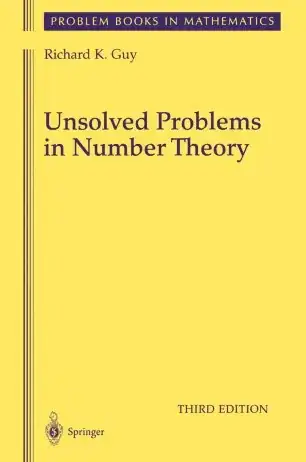To some extent, research questions are really research themes, and these can definitely be found in journals. Just open a journal (e.g. Algebra and Number Theory) and read an article or review. Sometimes picked at random it can be interesting to read to the end, and you're left with many ideas for new developments, and often direct open questions stated at the end of the paper.
Attacking the "open problems" (as they are called) in number theory (e.g. Riemann etc) straight away may not be fruitful as they can be very difficult if attacked directly from first principles, though this is tenacious and can teach you a lot about the problem. Though to some extent almost no one is just attacking them. Even Wiles was working on something else when he realized he could therein work to prove Fermat's final theorem as a consequence of what he'd seen. He was working on the arithmetic of elliptic curves with complex multiplication by the methods of Iwasawa theory, which had surrounding workers publishing about it (from what I understand).
But there are plenty of research themes in number theory (and otherwise) which are currently being worked on (e.g. probabilistic number theory, etc), and I suppose one would look at research articles in journals of number theory to see what those are. What are other students in number theory working on? What did they publish? Even take a recent PhD thesis of interest and ask "what can be done to develop these results", or "why are these results not interesting"?
Knowing all the research themes is quite difficult, but one learns about them in conferences etc, sometimes presented by experts, but more often presented by PhD students just learning the ropes of the area, each are useful to listen to. Each is a window into a research area one could pick up and get into, like an investment or stock, which hopefully pays off in the long run.
